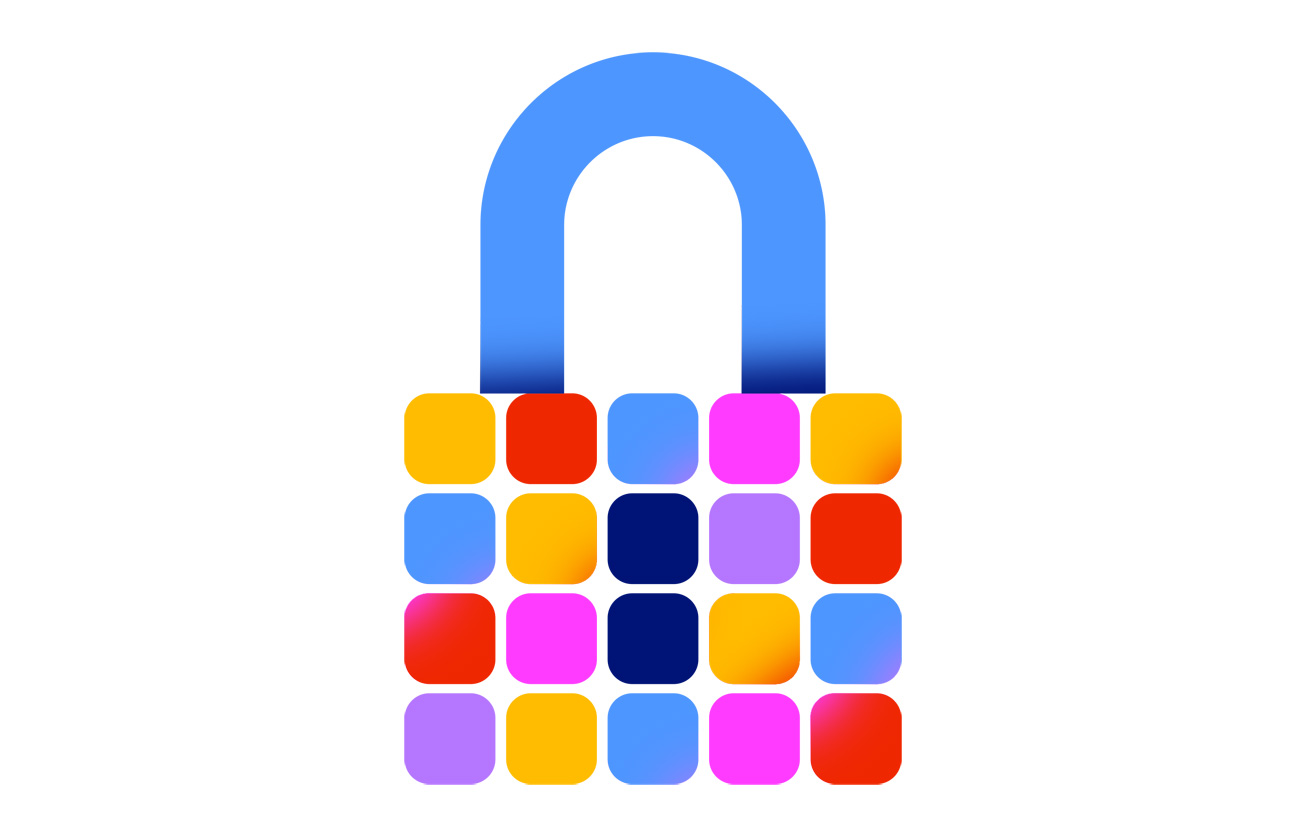iPhone app sideloading and third-party app stores would undermine user security and expose children to scam, Apple argues in a newly published document on its website.
STORY HIGHLIGHTS:
- Apple details its stance on iPhone app sideloading and third-party app stores.
- Third-party app stores would undermine iPhone security, Apple argues.
- App sideloading would open iPhones to scams, the company claims.
- The pushback comes as the US and Europe focus on the App Store rules.

iPhone app sideloading: Apple pushes back
As regulators in the US and Europe are scrutinizing the App Store rules, Apple is pushing back by detailing how sideloading and third-party app stores would undermine iPhone security.
Spanning sixteen pages, the company’s newly published PDF document raises fears about allowing people to use third-party stores on the iPhone, like the Epic Games Store. It also claims user privacy would be on the line should it be forced to permit app sideloading, referring to installing apps downloaded from websites rather than the App Store.
Titled “Building a Trusted Ecosystem for Millions of Apps,” it cites a study saying Android has 15x more malware than iOS to illustrate that its curated approach with the App Store works.
Apple also detailed how its actions in 2020 helped make the App Store a safer place for users.
- Nearly one million problematic new apps and a similar number of updates were rejected or removed:
- More than 150,000 for being spam or copycats or misleading users
- More than 215,000 for violating privacy guidelines
- More than 48,000 for containing hidden or undocumented features
- About 95,000 for fraudulent violations, predominantly for including “bait and switch” functionalities to commit criminal or other forbidden actions
- Apple stopped over $1.5 billion in potentially fraudulent transactions.
- Apple expelled 470,000 teams from the Apple Developer Program for fraud-related reasons. It also rejected nearly 205,000 developer enrollment attempts over fraud concerns.
- Apple deactivated 244 million customer accounts due to fraudulent and abusive activity, including fake reviews. It also rejected 424 million attempted account creations due to fraudulent and abusive patterns.
Apple says it has a team of 500+ experts who review apps in different languages.
Apple’s PR blitz to protect the App Store
This comes following a New York Times report describing how Tim Cook personally called Speaker Nancy Pelosi and reached out to other members of Congress to explain Apple’s position and concerns around looming antitrust legislation that targets Big Tech.
→ Things to do when a downloaded App Store app won’t work
Cook called the antitrust bills “rushed,” saying they would “crimp innovation” and “hurt consumers” by disrupting Apple’s services. Apple is on the hook for leveraging its market dominance to favor its own products and services. Lawmakers want to prevent Apple from preinstalling apps on iPhones while forcing the company to allow third-party app stores.

In May 2021, Apple published results of the survey it commissioned claiming that the App Store stopped $1.5 billion in potentially fraudulent transactions in 2020. The following month, the company dispatched its CEO Tim Cook to talk about apps, privacy, the App Store and other topics at the 2021 VivaTech conference.
Want app sideloading? Move to Android
Also, the Cupertino company’s public relations department has gone into overdrive, doubling down on PR blitz with a new Fast Company interview focused on third-party app stores and app sideloading. In it, Erik Neuenschwander, Apple’s head of user privacy, suggests folks who want to sideload apps onto their iPhones move to Android.
Sideloading in this case is actually eliminating choice. Users who want that direct access to applications without any kind of review have sideloading today on other platforms. The iOS platform is the one where users understand that they can’t be tricked or duped into some dark alley or side road where they’re going to end up with a sideloaded app, even if they didn’t intend to.
Erik Neuenschwander, Apple’s head of user privacy
And this:
The pattern of use of the Mac—just the style, how people use that platform—tends to be that they get a few applications that they use to do their job or their hobby, and then it kind of reaches a steady state.
But what we’ve all seen is that mobile platforms, including iPhone, are ones where users are downloading apps on a continuing basis. And that gives an attacker more opportunities to get in and get at that user. So the threat on the iOS side is much higher than the threat on the Mac side.
The US House Judiciary Committee will discuss today six proposed antitrust bills against Big Tech that, if passed into law, could significantly affect how Apple runs the App Store.
It shall be unlawful for a person operating a covered platform, in or affecting commerce, to restrict or impede the capacity of a business user to access or interoperate with the same platform, operating system, hardware and software features that are available to the covered platform operator’s own products, services, or lines of business.
A passage from an early copy of the antitrust bill
Apple previously said that the so-called App Store economy grew to $643 billion in 2020.